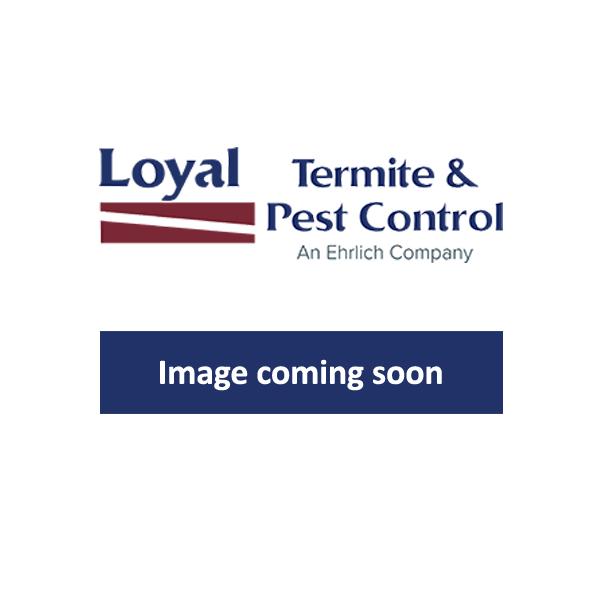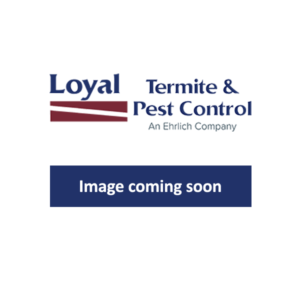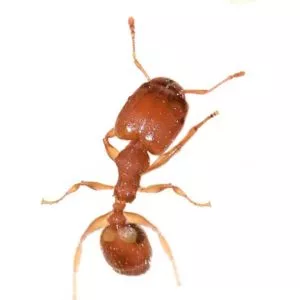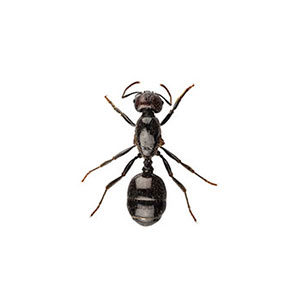Small Honey Ants In Central and Eastern Virginia
The small honey ant is a native species in Virginia, and is sometimes referred to as the “winter ant.” Unlike most home infesting ants, the small honey ant is can withstand cold winter temperatures. Colonies are small, containing only a few thousand individuals. Ants make their way indoors from outside nests, however, they are also capable of nesting inside structures. Feeding on a variety of foods, small honey ants commonly invade homes as they forage for food.
Small Honey Ant Habitat
Known to withstand cool temperatures, small honey ants remain active at temperatures just above freezing. Nests are located in damp soil near shady places and they seldom nest under stones or other objects. When constructing nests, they place excavated soil in curve-shaped mounds on top of the ground. These ants usually forage for food outside, generally feeding on the honeydew produced by aphids. Workers commonly invade homes to forage for food, and occasionally to nest. They will also nest beneath slab foundations and enter buildings through expansion joints or cracks.
Small Honey Ant Behaviors, Threats, or Dangers
Small honey ants do not bite or sting and are mostly seen as a nuisance pest. They commonly invade homes from the outdoors but are capable of nesting indoors. Entire colonies have been detected in potted plants. They damage roses and other plants by gnawing on flower buds to obtain sap. Small honey ants tend aphids and scale insects for their honeydew, a favorite food. As household pests, small honey ants feed on all varieties of sweets, meats, and fruit. Much like other ant species, small honey ants will contaminate food in homes as they forage and can be difficult to control and eliminate. If you suspect a small honey ant infestation, please consult a professional ant exterminator.
Need help with Small Honey Ants?
Get started with a FREE quote!




